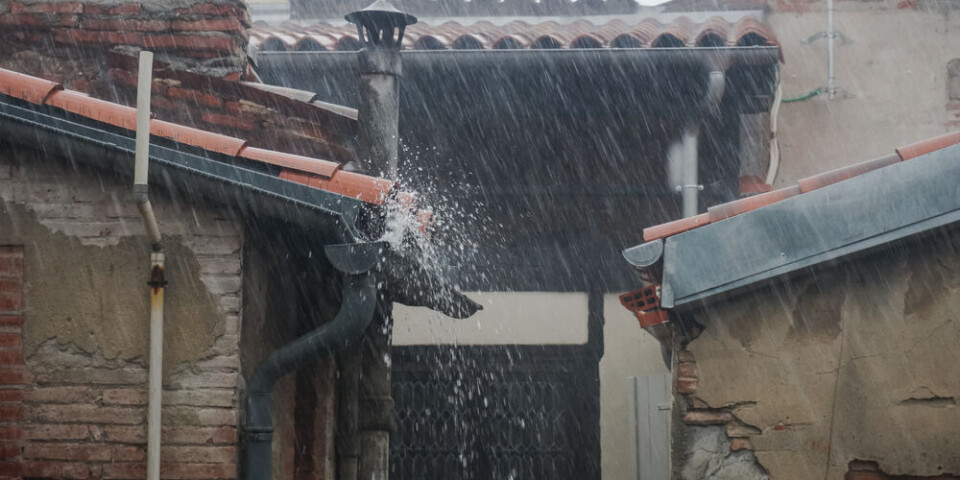-
French mayor criticises German border checks as cars and trains stopped
The new checks negatively affect those who cross border to work or study
-
Storms in south, sun in north: French weekend weather outlook May 10 - 11
Hail is expected in the south-west on Saturday
-
Wild boar increasingly present in French communes: What to do if you see one
There has been a sharp rise in the number of boar in recent years
It is time to end EU travel Covid rules, say airlines and airports
Many are calling for an end to vaccination certificates, passenger locator forms, tests and possibly masks ahead of the summer period

Two of the main air travel organisations, representing airlines and airports, are calling for Covid rules to be significantly scaled back around the EU and EEA ahead of summer.
This would include removing the need for vaccine certificates, passenger locator forms and masks in certain situations.
Airports Council International Europe (ACI Europe), which represents over 500 airports in 55 countries, and the International Air Transport Association (IATA), a trade association representing around 290 airlines, made the demand in a joint statement published today (March 11).
“March 11 marks exactly two years since the World Health Organization (WHO) announced Covid-19 was a global pandemic,” said Rafael Schvartzman, IATA’s regional vice president for Europe.
“In that time, we have seen increasing evidence that border restrictions are ineffective.
“The latest research from OXERA and Edge Health confirms that by the time a variant of concern is identified and restrictions are implemented, cross-border transmission will already have happened.
“Europe’s population immunity is strong and Covid-19 is essentially now an endemic disease.
“The time has come [for member states] to focus their Covid efforts on surveillance and remove remaining intra-EU restrictions.
“This will free people to travel, and support jobs returning to the European air transport and travel sectors.”
According to the ACI website, the latest available data shows that in January 2022, there were still 45.7% less passengers travelling than in 2019 [before the start of the pandemic].
The organisation said that in light of the improving Covid situation in Europe, EU and EEA member states should:
-
Remove all health-related travel and border restrictions ahead of the summer season, at least on intra-EEA flights, specifically testing, contact tracing and vaccine certificates
-
Align the health restrictions applicable to aviation to those applied nationally, particularly with reference to mask mandates
-
Allow those vaccinated with a WHO-approved vaccine to travel into the EEA from third countries with the same conditions as those passengers vaccinated with an EMA-approved vaccine.
Travel between EU countries usually requires proof of being fully vaccinated (often three doses or a combination of vaccinations and recovery certificates), although rules can alter depending on the destination.
Some countries also still ask for passenger locator forms.
Domestically, most countries still have mask rules in place to some extent. France is set to drop the need for people to wear masks in indoor spaces from March 14, but they will still be required on public transport.
Read more: Mask wearing, vaccine pass… new rules for France from March 14
On the organisations’ third demand, the EU adopted a recommendation in February calling on member states to allow travellers to be classed as fully vaccinated as long as WHO-approved vaccines have been used.
The recommendation is not binding and countries can choose to implement it or not.
France currently only recognises vaccines approved by the European Medicines Agency (EMA). Those who have been vaccinated with a vaccine approved by the WHO but not the EMA, but get a booster dose with either Pfizer-BioNTech or Moderna to be considered fully vaccinated.
The Connexion asked France’s health ministry on February 22 if it would follow the EU’s recommendation, but was not given a direct answer.
The Interior Ministry’s website shows it has not implemented this recommendation yet.
Related articles
EU countries should accept travellers with WHO-approved vaccines
Five Covid scenarios from France’s Pasteur Institute as rules ease
France Covid: doctors call for caution ahead of rule relaxations
Covid France cases stop falling but no reason necessarily for concern
























